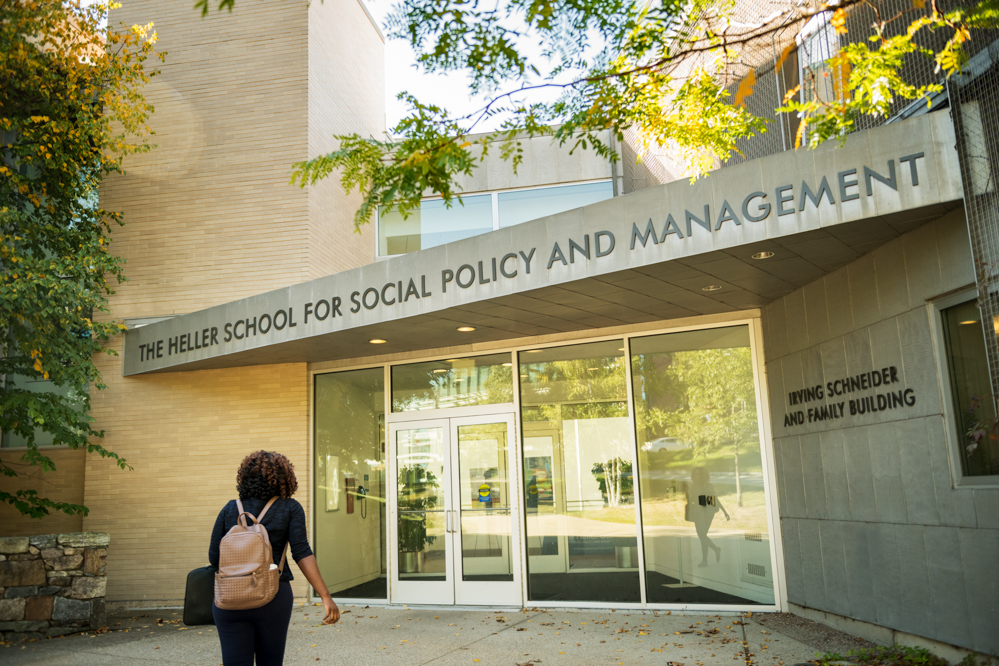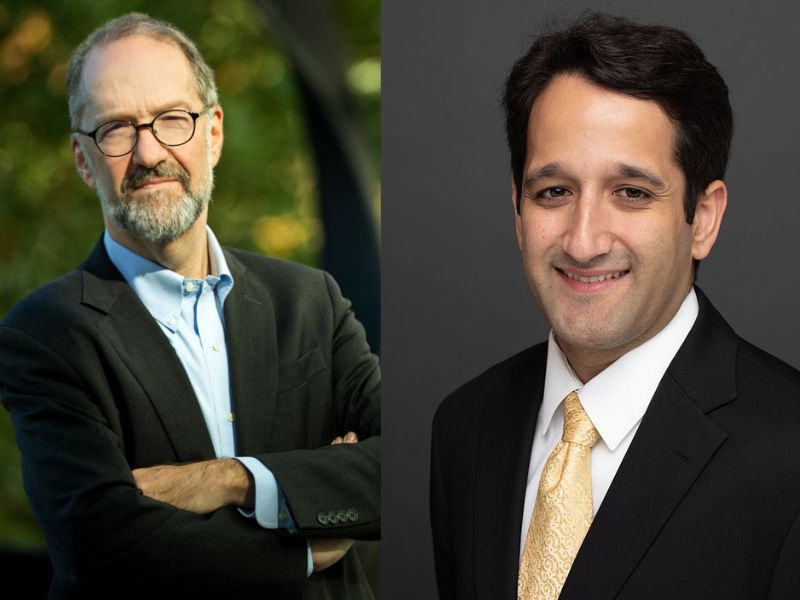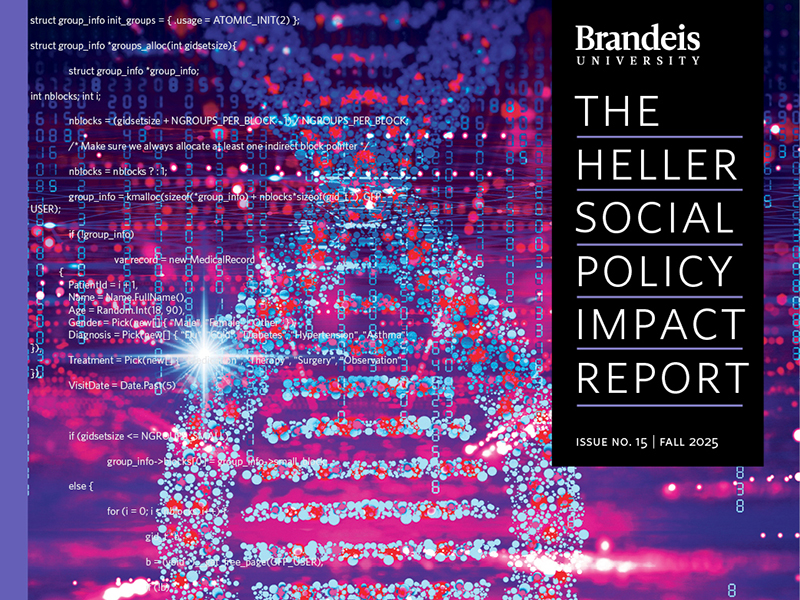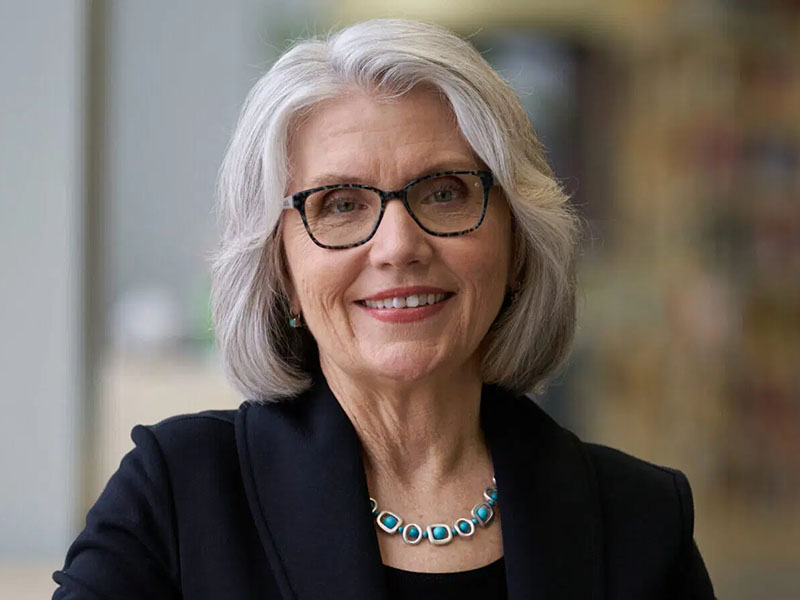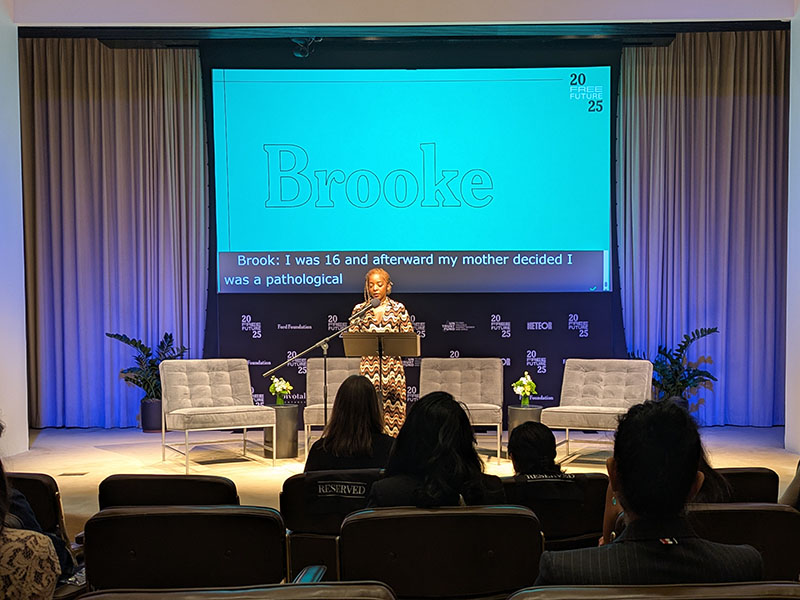The Heller School recognized as a Top 10 Graduate School by U.S. News & World Report
The Heller School consistently ranks among the nation’s top graduate schools of public affairs by U.S. News & World Report. For 2025, Heller is ranked 9th for social policy and 13th for health policy and management.

